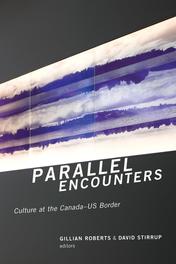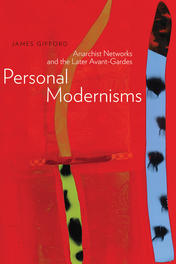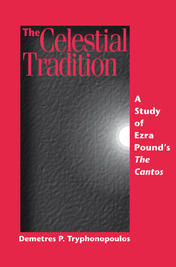American

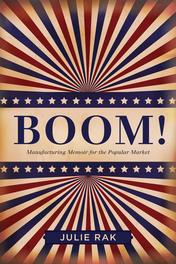
Excerpt from Boom! Manufacturing Memoir for the Popular Market by Julie Rak
From the Introduction
This book is about the memoirs that are written, published, sold in bookstores, and circulated by public libraries for people like my grandmother: ordinary readers who are interested in the world around them but who also want to read about places and people that are not accessible to them in their immediate lives. It is also about books that my grandmother wouldn't have had access to yet, the books that are part of what is called the “memoir boom, ” a period roughly spanning the first decade of the twenty-first century, when the production and public visibility of American and British memoirs by celebrities and by relatively unknown people sharply increased. I do think that my grandmother would have greeted the memoir boom with delight, and perhaps even enjoyed the increasing numbers of memoirs by ordinary people who have led extraordinary lives just as much as she liked reading about the lives of the famous. In this she would have joined the thousands of people who participate in the memoir boom by buying, borrowing, downloading, and reading the memoirs that are part of it.
This book is not about readers, however, because other groundwork about what the memoir boom is, how it is produced, and what it means in contemporary life needs to be laid first. Even though she was not part of the current interest in non-fiction books about the lives of others, the focus I have placed on my grandmother as a reader does make evident something about non-fiction, and especially what critics often call life writing, that often gets overlooked. My grandmother, and readers like her, are the reason that the memoir boom exists, but so far, little critical discourse about memoir has had much to say about the books produced for this readership. The books of the memoir boom are produced by mainstream presses for large audiences, and perhaps that is why critics of autobiography tend to overlook them or not teach them in their classes (Couser 2012, 14). And yet, millions of readers like my grandmother still seek out these kinds of books precisely because they are not fictional. What is more, many readers appear to enjoy reading about the lives of others, in apparent ignorance of a chorus of disapproval about the books written for them. Why are so many of these stories produced and eagerly read today? Why are cultural pundits so suspicious of them? How can we understand the ways in which they are produced and received? In mainstream journalism, most analysis of the phenomenon, with the exception of Ben Yagoda's Memoir: A History (2009), has taken the form of backlash against aspects of the memoir boom. Other studies, like G. Thomas Couser's recent Memoir: An Introduction (2012), try to understand the memoir boom in light of the history of autobiography production in the United States. In this study of contemporary memoir, I wish to do something a bit different from the other kinds of studies of American memoir in circulation, whether they are by journalists or scholars of life writing. I want to change the way that we have understood memoirs so that we can see them as part of a production cycle as a way to explain how the memoir boom came about, and how it continues. I think that understanding how the book industry works today can help us see why the production of non-fiction has assumed so much importance. I also think that memoirs, particularly those of non-celebrities, have the potential to change the imagined relations their readers have with the lives of others: this is the source of their power and fascination at the present time, and the reason publishers continue to produce them. But exactly what does this change mean? What does it mean to want to enter into imagined relations with others at this time? Does it signify an emergent interest in community? Is it the latest development in neoliberalism that emphasizes the cult of the individual apart from community (Gilmore 2010, 658)? Is it a media industry takeover that sucks the life out of literary production because anybody can write a life story as part of a culture of self-help?
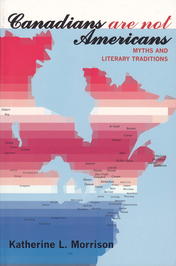

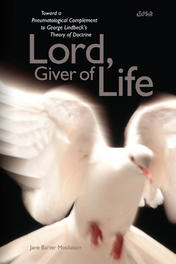
Lord, Giver of Life
